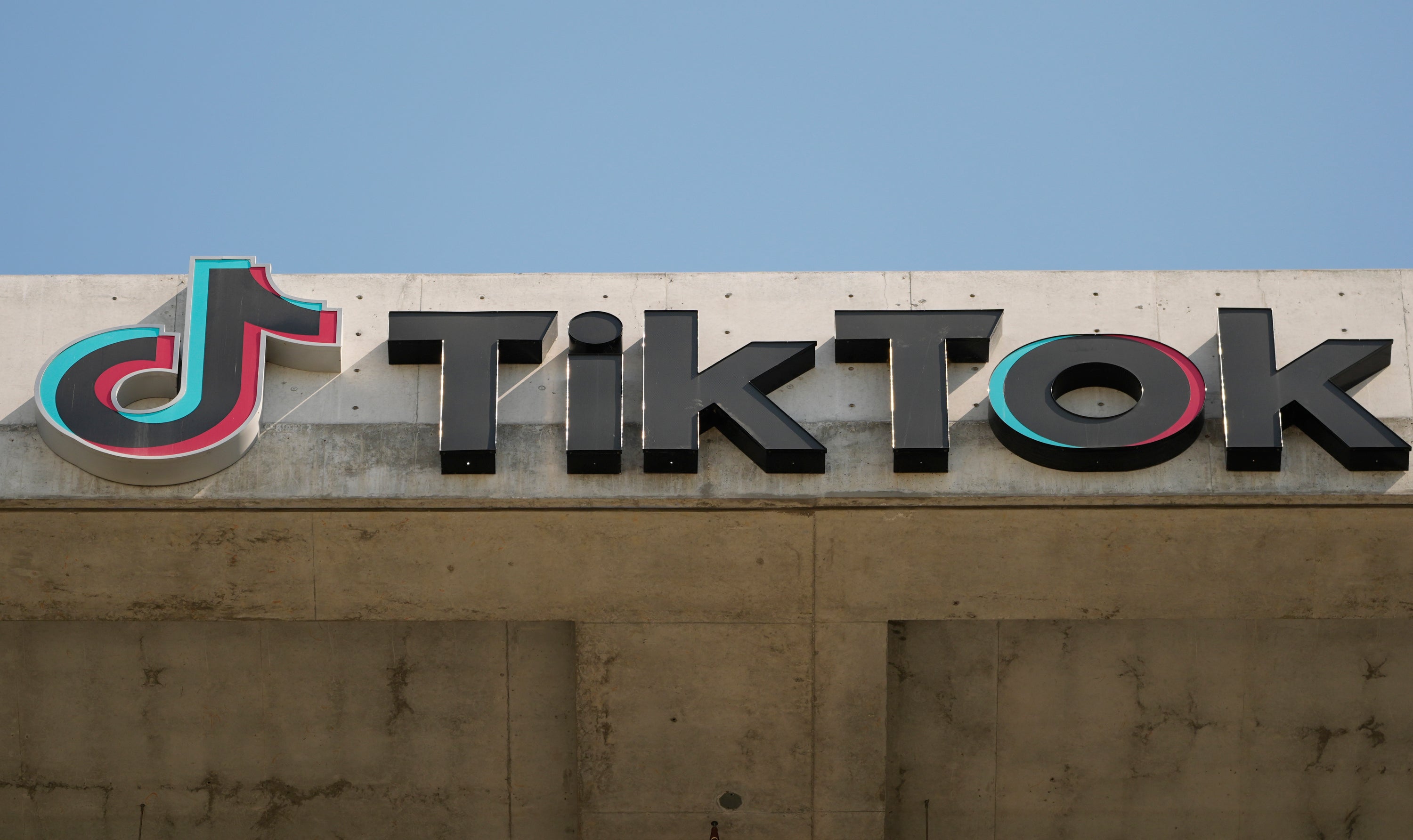TikTok agrees to withdraw rewards feature after EU raised concerns about potential online addiction
Officials from the European Union’s executive commission said Monday that TikTok has agreed to end a rewards feature that raised concerns about encouraging excessive screen time and its effects on children

TikTok has agreed to withdraw a rewards feature that raised concerns about its potential to encourage excessive screen time, particularly among children, the European Union’s executive commission said Monday.
It was the first resolution of an investigation under the 27-country EU's sweeping Digital Services Act, which went into effect in February and aims to ensure a “safe and accountable online environment” by regulating large digital platforms.
TikTok made the commitment without conceding the feature violated the Digital Services Act, officials said.
The commission has however ruled that the withdrawal is legally binding, which “sends a clear message to the entire social media industry,” said Margrethe Vestager, European commission for digital affairs.
“Design features on platforms with addictive effects put the well-being of their users at risk,” she said in a statement. “That’s why we have made TikTok’s commitments under the DSA legally binding.”
The case involves TikTok Lite, a low-bandwidth version of the app released in Spain and France. It allowed users to earn points for things like following creators, liking content, or inviting friends to join TikTok. The points could be exchanged for Amazon vouchers and gift cards on PayPal. TikTok said rewards were restricted to users 18 years and older, who had to verify their age. Users could watch up to one hour a day of videos to earn rewards, which were capped at the equivalent of one euro ($1.09) a day.
The commission opened an investigation in April due to concerns that TikTok has not done a diligent assessment required under the act of the feature's potential “addictive effect,” especially for children, "given suspected absence of effective age verification mechanisms on TikTok."
The resolution of the TikTok Lite investigation does not affect an earlier probe launched against TikTok focusing on concerns about protection of minors, advertising transparency, data access for researchers, and mitigating risks of “behavioral addiction" and harmful content.
Bookmark popover
Removed from bookmarks